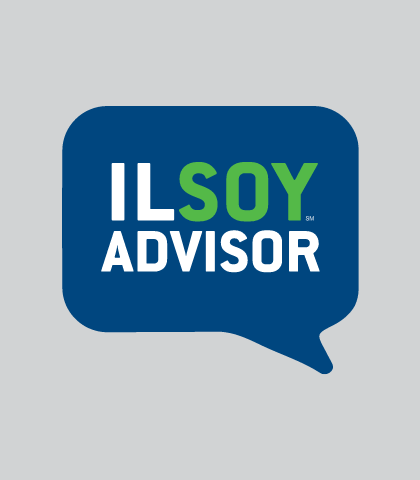The Certified Crop Adviser (CCA) program is a benchmark for agronomy professionals that provides base-level standards for agronomic knowledge through a national and regional testing process and raises those standards through continuing education. Being certified emphasizes credibility and recognizes that a person is committed and experienced in what they do. (www.certifiedcropadviser.org)
I often hear criticisms towards the CCA program that I want to address.
- “So and so is making recommendations or selling products that are not considered sound practices.”
- CCAs, just like any other profession, are not immune to those who do not do their jobs well or those who skirt the ethical rules. Why though is the CCA program judged on their weakest members? We don’t judge all doctors by the one who shouldn’t have graduated from medical school. We don’t judge police by their most corrupt individuals. We don’t judge other professions by the ones who are the worst at their jobs. So why do we knock all CCAs for the misdeeds of a few? I know plenty of great CCAs who work hard to help their customers be profitable and be good stewards of the environment.
- “Being a CCA just proves you can pass a test.”
- You must pass a test to be a realtor, an electrician, and a financial planner so why should a CCA be ridiculed for passing an exam? The exam is hard, it is supposed to be. The science of agronomy is complex.
- “Career individuals have no time to study or take a test.”
- The CCA program is now offering opportunities to take the international and state exams separately; therefore, less materials to study all at once, which may help some people who are taking the exam during a busy time in life. I know this aspect upsets some current CCAs who took all the exams on the same day. Just because my parents walked to school uphill in a blinding snowstorm doesn’t mean I should have to do the same thing. Times change, programs evolve. The program also now offers 4 testing windows of multiple days instead of just 2 days per year, giving people the opportunity to avoid their busy seasons.
- “No farmer has ever asked me if I have my CCA so why should I get one?”
- I’ve never had a farmer ask me if I had one either but that doesn’t mean it isn’t a good credential to have. Personally, my CCA is my commitment to my own professional development and being current on the latest science in my role as an agronomist. My master’s education was in weed management. Achieving a Certified Crop Adviser designation shows that I am a more well-rounded agronomist.
- “The Continuing Education Units (CEUs) are just a scam to make more money for the program.”
- Most credit hours are not offered by the CCA program; therefore, they do not receive money for them. CCAs now can self-report for up to 20 hours. Training, seminars, and meetings that were already being attended for work can be counted. The hours can be submitted online. Illinois Soybean Association’s ILSoyAdvisor resource hosts webinars and event presentations throughout the year on various ag topics that are worth one or more CEUs that can be self-reported. If you haven’t found CropsTV by Iowa State Extension yet – it is around $100 for more than 25 hours of credits. It is a deal! More importantly – it is great information. Many companies also offer free webinars that can be self-reported.
- “The program does not police its members for violations.”
- A formal complaint system is in place and all filings will be investigated. The program cannot reprimand or revoke someone’s membership on rumors. I understand for various reasons that people do not want to sign their names to a complaint but on the other hand one must also understand that the program cannot legally start an investigation based on hearsay.
I believe in the CCA program. Enough to write this blog post and to serve on the Illinois CCA Board as the incoming chair. I also think the CCA program will become more important as the industry becomes more regulated. We can just look to California where a CCA is required to certify Nutrient Management Plans already. I’m not asking for you to give CCAs a gold star or throw us a parade – I’m just asking you not to put us in the same category as the person who recommends putting anhydrous on when it is 80F in September. Have a safe harvest!




 and then
and then